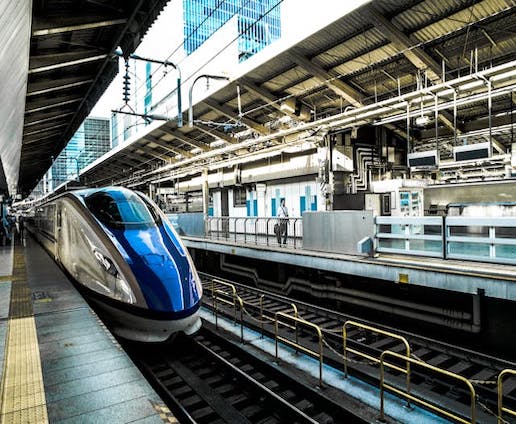While the cancellation of the High Speed 2 (HS2) project may not seem like the best news at first glance, it’s essential to recognise the inherent resilience and adaptability of the UK’s investment landscape. The market has a proven track record of weathering changes and continuing to grow, and this development is no exception. According to TK Property Group, this shift presents not just challenges but also opportunities for growth and adaptation.
Property Market Resilience
1. Adaptive Property Values: Although HS2 had been anticipated to boost property values along its route, the UK property market is known for its resilience. The absence of HS2 may temporarily affect expectations in these regions, but the fundamental drivers of property value—such as demand in key cities, housing shortages, and the appeal of regional centres—remain strong. Investors and homeowners alike have navigated changes before, and the market’s inherent strength is likely to support continued growth and recovery in property values.
2. Strategic Investment Opportunities: Investors now have a chance to reassess and diversify their portfolios, exploring new areas and opportunities that arise. The market’s dynamism allows for the identification of alternative investment hotspots, potentially yielding strong returns. This scenario underscores the importance of flexibility and strategic planning in investment decisions.
3. Urban Regeneration Continues: Urban regeneration efforts are not solely dependent on projects like HS2. Many cities and regions have robust plans for development that stand independent of HS2, focusing on local economic growth, infrastructure improvements, and community projects. These initiatives will continue to drive investment and development opportunities across the UK.
Infrastructure and Construction Sector Optimism
1. Diverse Construction Projects: The construction and infrastructure sector benefits from a wide range of projects across the UK, from residential developments to renewable energy installations. The cancellation of HS2 redirects focus and resources to these other essential projects, maintaining demand within the construction sector and its supply chains.
2. Investment Shifts: The reallocation of funds from HS2 opens the door for increased investment in alternative infrastructure projects, including digital infrastructure, local transport networks, and green energy. These areas offer exciting opportunities for investors looking to contribute to the UK’s infrastructure development, with potential for significant returns on investment.
Economic Growth and Development
1. Regional Growth Prospects: The vision for economic growth in the North and Midlands remains strong, with or without HS2. Investments in technology, education, and local infrastructure continue to drive regional development, offering a resilient foundation for economic expansion and investment opportunities.
2. Market Flexibility and Innovation: The UK market’s response to the HS2 cancellation is a testament to its flexibility and capacity for innovation. Investors, businesses, and policymakers are adept at navigating change, finding new growth avenues, and leveraging the UK’s diverse economic landscape for continued development.
In conclusion, while the cancellation of HS2 presents a deviation from expected paths, it also reinforces the importance of adaptability and strategic thinking in the investment arena. The UK’s property and investment markets are built on a foundation of resilience, with a history of thriving through change. By focusing on the opportunities that arise, embracing flexibility, and leveraging the strengths of regional economies, the market is well-positioned for continued growth and prosperity.






